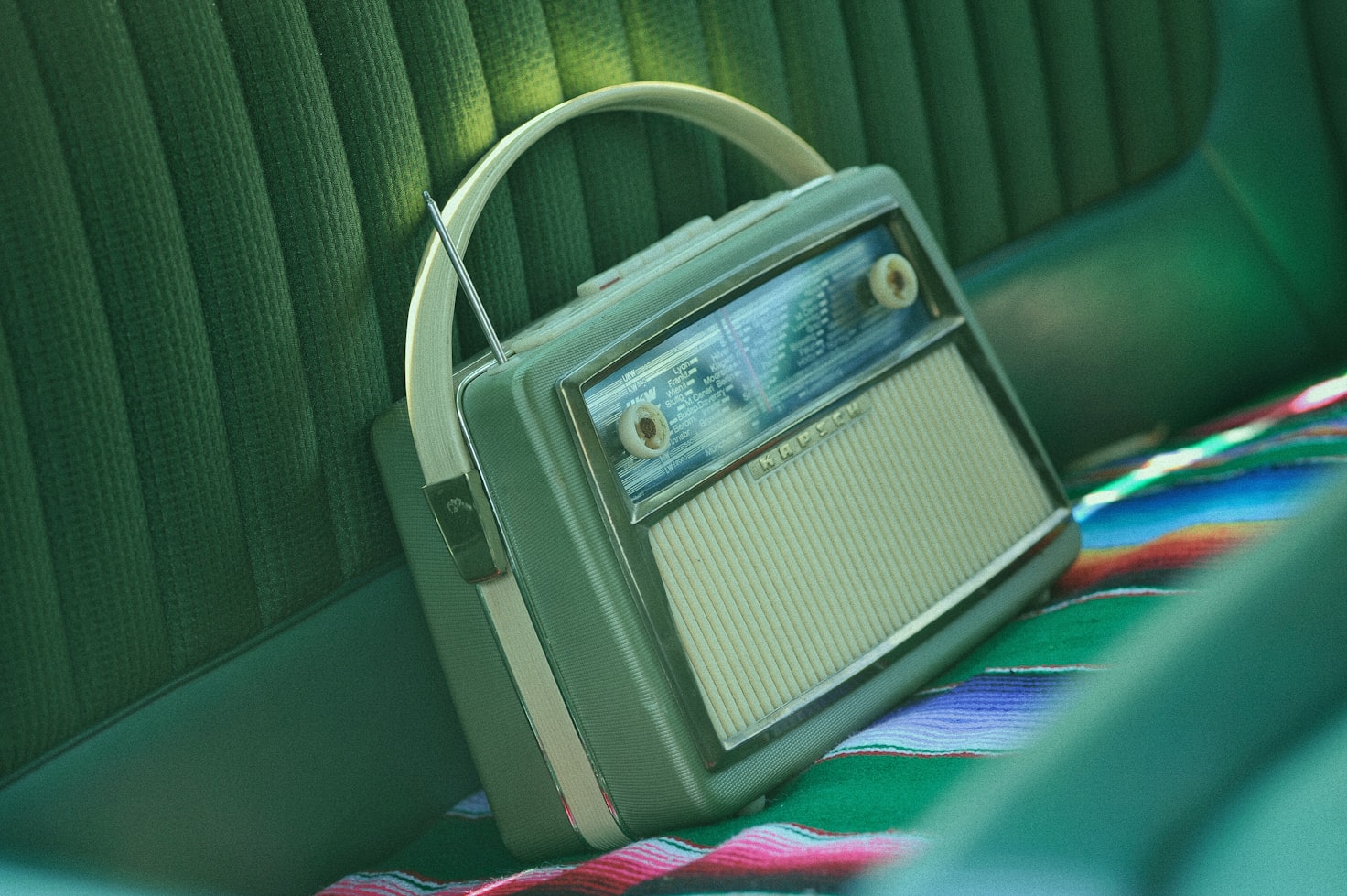Why you don’t need a radio voice to speak well
16 April 2023

Imagine for a moment you had a grand piano in your living room.
Looking upon it you see your smiling face reflected in its deep black lacquer and finest French polish. The keys are porcelain white and its castors are rolled with gold. It sits there as the centrepiece of your room.
Approaching it, you lay your fingers upon the keys and listen as a handful of pleasant notes escape from inside and ring deep within its frame, but as you fumble over them to play a tune, you quickly find that without the pianist’s skill, the noise you are making is more akin to the piano falling down a flight of stairs than being played on stage.
Clearly, a certain skill is missing.
That’s what I’d like to share with you today; having a piano but being unable to play it is like having a golden voice without the ability to say the right thing. Your audience might appreciate how you sound in their ears for a moment, but your words are not liable to resonate within their minds for an evening.
That’s one reason why you might not want a stereotypical ‘radio voice’; a pleasant voice might be complimental, but without the right words behind it, it’s rarely influential.
Why people want a ‘radio voice’
In the early days of the wireless radio, the announcers we heard needed to have what was affectionately called a ‘radio voice’.
The radio voice began as an almost shrill, high pitched tone which could cut through the hiss and crackle of early microphones. It’s the voice affected by the old-fashioned BBC announcer which would later evolve into the smooth, honeyed tone which oozed confidence and charisma we hear today.
The ‘radio voice’ was a way of speaking which aimed to set you at ease after learning of some great tragedy or gave you a Bing Crosby-esque Christmas blessing as you kissed a loved one under the mistletoe. It was a voice, usually owned by some senior reporter, which had been heard across the waves for a generation. It was a voice which let you know that: This Is 10 O’clock News.
There’s no denying it, a radio voice can be pleasant to listen to and that’s perhaps why many people contact me seeking to cultivate a voice with similar golden tones. Yet, many often mistakenly believe that having a great voice will suddenly make them a great speaker. The reality couldn’t be further from the truth, because much like owning ten fingers won’t make you a great pianist, a golden voice won’t grant you a lucid command over your language.
Instead, those radio voices we love to hear are usually owned by speakers who have developed expert communication skills spent from years of reading, writing, reporting and speaking – often into a dictaphone with consummate microphone technique – meaning they’ve cultivated not only the ability to speak well on a wide variety of topics, but also have the storytelling skills and emotional delivery necessary for reporting on the topic of the day.
Why you might not want a ‘radio voice’
As someone with a ‘radio voice’, let me be open and admit it’s both a blessing and a curse.
When out shopping or speaking with friends, I’m occasionally met with compliments from people who say they had been listening in to our conversations. Sometimes, I’m even recognised from some of the audiobooks I’ve recorded, the elevator commands I’ve announced or the documentaries I’ve narrated. It’s always amusing to see someone quizzically try to remember where they’ve heard me, especially as they won’t recognise my face.
However, the detriment to having a ‘radio voice’ is that people can be sceptical that I’m faking my voice. Some are less insulting, but passionately tell me to ‘get on the radio’, despite having no connections to the industry (despite my lack of interest in doing so). On rare occasions, some even become so mesmerised by the sound of what I’m saying to the extent that they tend not to listen to the words I’m conveying.
The compliments are always lovely, but the imitators who mimic a mock radio voice to insult me do become quite wearisome after a while.
What to develop instead
Despite this, it’s undeniable that having a great voice is an asset. Studies have repeatedly found that men who have deep, rich voices are often believed to be more confident, whereas women who are more slowly spoken are seen to have leadership capabilities. Of course, these are not definite truths, but overall they are both assets. However, it’s far better to have great communication skills on a linguistic level; Bob Dylan was once described to have a voice as raw as sandpaper and yet his mastery over the English language earned him accolades from around the world.
When perusing verbal development, aim then to cultivate both a great voice and similarly strong communication skills by first focusing on developing your speech to allow you to eloquently express yourself in a personal, unique style. I regularly teach CEO’s and Executives how to improve their speaking skills with my Rhetorical Alchemy method.
Once you have improved your speaking skills, focus then on developing your voice to sound as pleasant as it naturally can, rather than affecting the stereotypical resonant tones produced by old-time broadcast announcers. You can achieve this by following the simple exercises found in my book ‘Speak and Be Heard‘ or by booking a private, one-to-one course on vocal development.
A closing thought
Let me end with a question: if you had an audience mesmerised by your words, would you rather they end by saying “Wow, they had a great voice!” or “Wow, we should really do what they said”?
Contact
If you’re interested in a bespoke course covering this topic or any other areas of communication skills development you can contact me via my contact page.